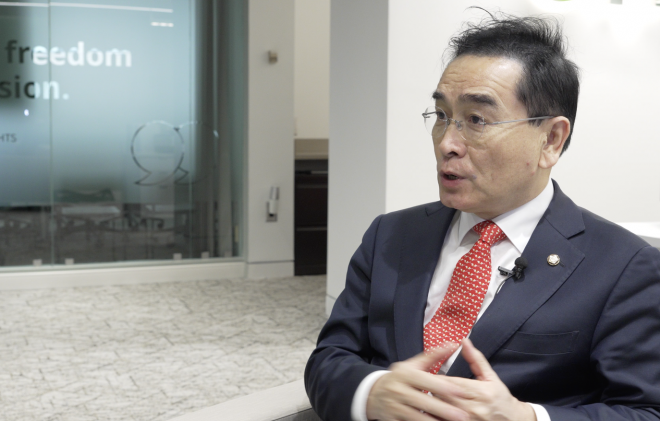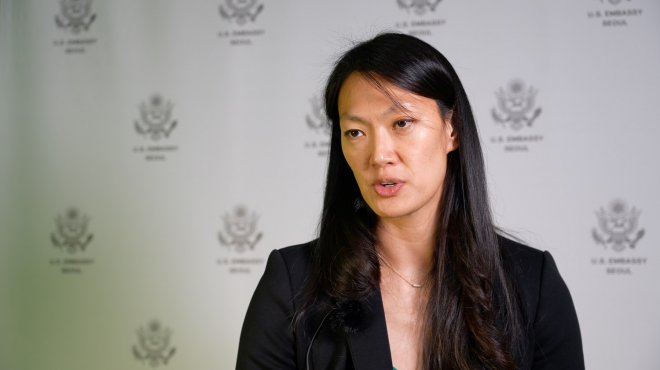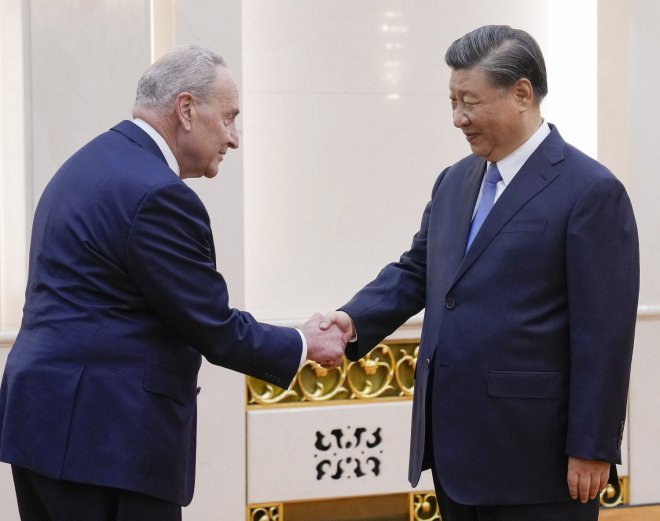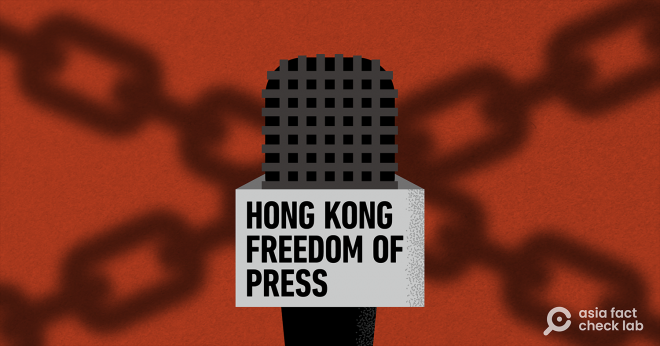US Senate leader asks Xi for ‘level playing field’
U.S. Senate Majority Leader Chuck Schumer appealed for authorities to ensure a “level playing field” for American businesses in China during a meeting in Beijing on Monday with Chinese President Xi Jinping.
The New York senator also welcomed the belated statement of sympathy issued for Israel by China in the wake of Saturday’s deadly attacks by the Palestinian group Hamas, after earlier expressing disappointment with an initial muted response from Beijing.
Schumer is leading a delegation of six U.S. senators – three Democrats and three Republicans – on a weeklong tour of China, Japan and South Korea this week. It’s the first delegation of American lawmakers to visit China since before the COVID-19 pandemic.
After Schumer met with Chinese Foreign Minister Wang Yi earlier on Monday and expressed his concerns about the lack of response to Saturday’s attacks by Hamas, Chinese Foreign Ministry spokesperson Mao Ning told reporters China opposed the attack by Hamas.
“We are deeply concerned over the escalation of tensions and violence and saddened by the civilian casualties caused by the conflict. We oppose and condemn acts harming civilians,” Mao said.
Senate leader ‘gratified’
Schumer said he was satisfied with Mao’s reply.
“I’m gratified the Foreign Ministry issued a new statement that did condemn the loss of civilian life,” Schumer told reporters after meeting with Xi, according to a report by the Associated Press.
![]() Visiting U.S. Senate Majority Leader Chuck Schumer, D-N.Y., fourth from left, talks to Zhao Leji, chairman of China"s National People"s Congress, fourth from right, during a bilateral meeting at the Great Hall of the People in Beijing, Monday, Oct. 9, 2023. (Wong/Pool/AP)China has had a historically close relationship with Palestine, which it has recognized as an existing state since the late 1980s.
Visiting U.S. Senate Majority Leader Chuck Schumer, D-N.Y., fourth from left, talks to Zhao Leji, chairman of China"s National People"s Congress, fourth from right, during a bilateral meeting at the Great Hall of the People in Beijing, Monday, Oct. 9, 2023. (Wong/Pool/AP)China has had a historically close relationship with Palestine, which it has recognized as an existing state since the late 1980s.
Even as it has in recent years tried to cultivate better ties with Israel, Beijing has still kept formal ties with the Palestinians. President Mahmoud Abbas in June himself met with Xi in Beijing and voiced support for China’s harsh treatment of its Muslim Uyghur minority.
But the attack on Israel was not the only item on the agenda during the Senate delegation’s trip to Beijing, which is meant to focus on trade.
Schumer said business-focused talks were fruitful, even if China and the United States still have their differences, with both countries for months embroiled in a dispute over microchip imports and exports that has centered on the national-security uses of advanced chips.
U.S. companies are now banned from exporting high-end chip-making technology to China on national security grounds, while Beijing has banned American chipmaker Micron from selling in China. Both countries have decried the policies of the other as politically motivated.
The United States in August also warned its citizens about the prospect of “exit bans” and extended arrest when trying to leave China.
But the Senate leader called for China to ensure a “level playing field” in trade for American businesses, despite such geopolitical tensions.
“Both sides, the Chinese and us, said unless we have sincere conversations about our differences and not pull any punches, that we would never solve these problems,” Schumer said.
Edited by Malcolm Foster.
The New York senator also welcomed the belated statement of sympathy issued for Israel by China in the wake of Saturday’s deadly attacks by the Palestinian group Hamas, after earlier expressing disappointment with an initial muted response from Beijing.
Schumer is leading a delegation of six U.S. senators – three Democrats and three Republicans – on a weeklong tour of China, Japan and South Korea this week. It’s the first delegation of American lawmakers to visit China since before the COVID-19 pandemic.
After Schumer met with Chinese Foreign Minister Wang Yi earlier on Monday and expressed his concerns about the lack of response to Saturday’s attacks by Hamas, Chinese Foreign Ministry spokesperson Mao Ning told reporters China opposed the attack by Hamas.
“We are deeply concerned over the escalation of tensions and violence and saddened by the civilian casualties caused by the conflict. We oppose and condemn acts harming civilians,” Mao said.
Senate leader ‘gratified’
Schumer said he was satisfied with Mao’s reply.
“I’m gratified the Foreign Ministry issued a new statement that did condemn the loss of civilian life,” Schumer told reporters after meeting with Xi, according to a report by the Associated Press.
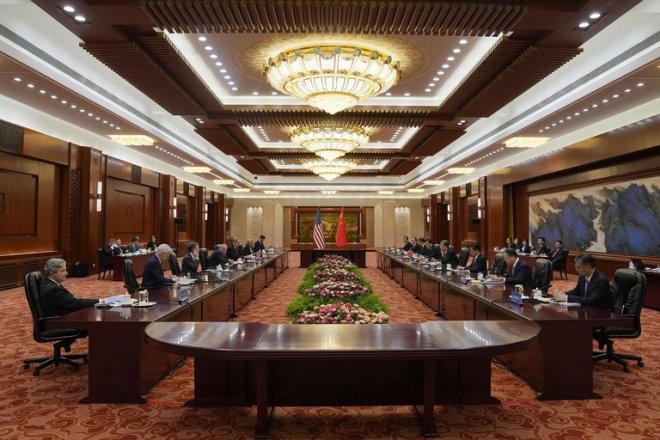 Visiting U.S. Senate Majority Leader Chuck Schumer, D-N.Y., fourth from left, talks to Zhao Leji, chairman of China"s National People"s Congress, fourth from right, during a bilateral meeting at the Great Hall of the People in Beijing, Monday, Oct. 9, 2023. (Wong/Pool/AP)China has had a historically close relationship with Palestine, which it has recognized as an existing state since the late 1980s.
Visiting U.S. Senate Majority Leader Chuck Schumer, D-N.Y., fourth from left, talks to Zhao Leji, chairman of China"s National People"s Congress, fourth from right, during a bilateral meeting at the Great Hall of the People in Beijing, Monday, Oct. 9, 2023. (Wong/Pool/AP)China has had a historically close relationship with Palestine, which it has recognized as an existing state since the late 1980s. Even as it has in recent years tried to cultivate better ties with Israel, Beijing has still kept formal ties with the Palestinians. President Mahmoud Abbas in June himself met with Xi in Beijing and voiced support for China’s harsh treatment of its Muslim Uyghur minority.
But the attack on Israel was not the only item on the agenda during the Senate delegation’s trip to Beijing, which is meant to focus on trade.
Schumer said business-focused talks were fruitful, even if China and the United States still have their differences, with both countries for months embroiled in a dispute over microchip imports and exports that has centered on the national-security uses of advanced chips.
U.S. companies are now banned from exporting high-end chip-making technology to China on national security grounds, while Beijing has banned American chipmaker Micron from selling in China. Both countries have decried the policies of the other as politically motivated.
The United States in August also warned its citizens about the prospect of “exit bans” and extended arrest when trying to leave China.
But the Senate leader called for China to ensure a “level playing field” in trade for American businesses, despite such geopolitical tensions.
“Both sides, the Chinese and us, said unless we have sincere conversations about our differences and not pull any punches, that we would never solve these problems,” Schumer said.
Edited by Malcolm Foster.
